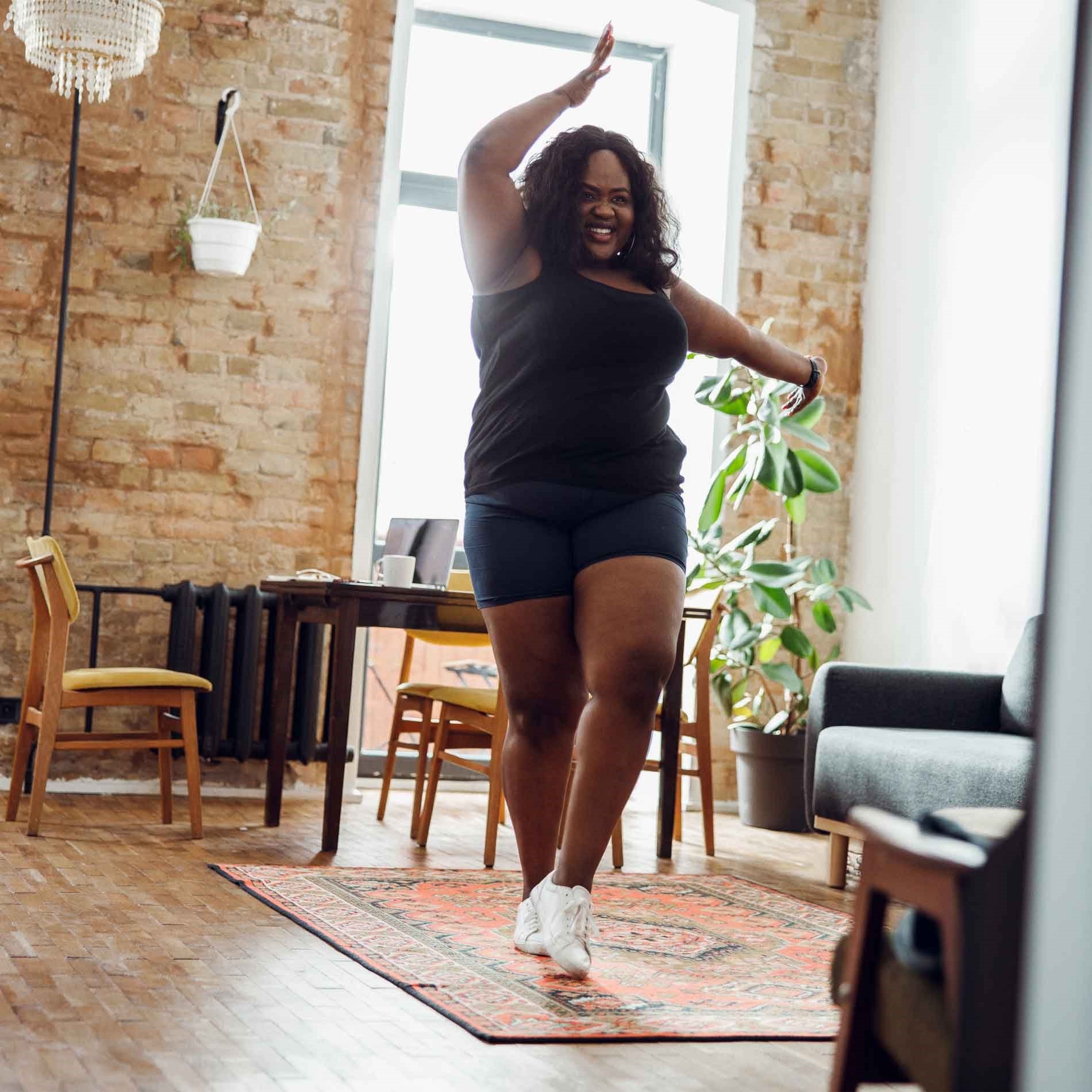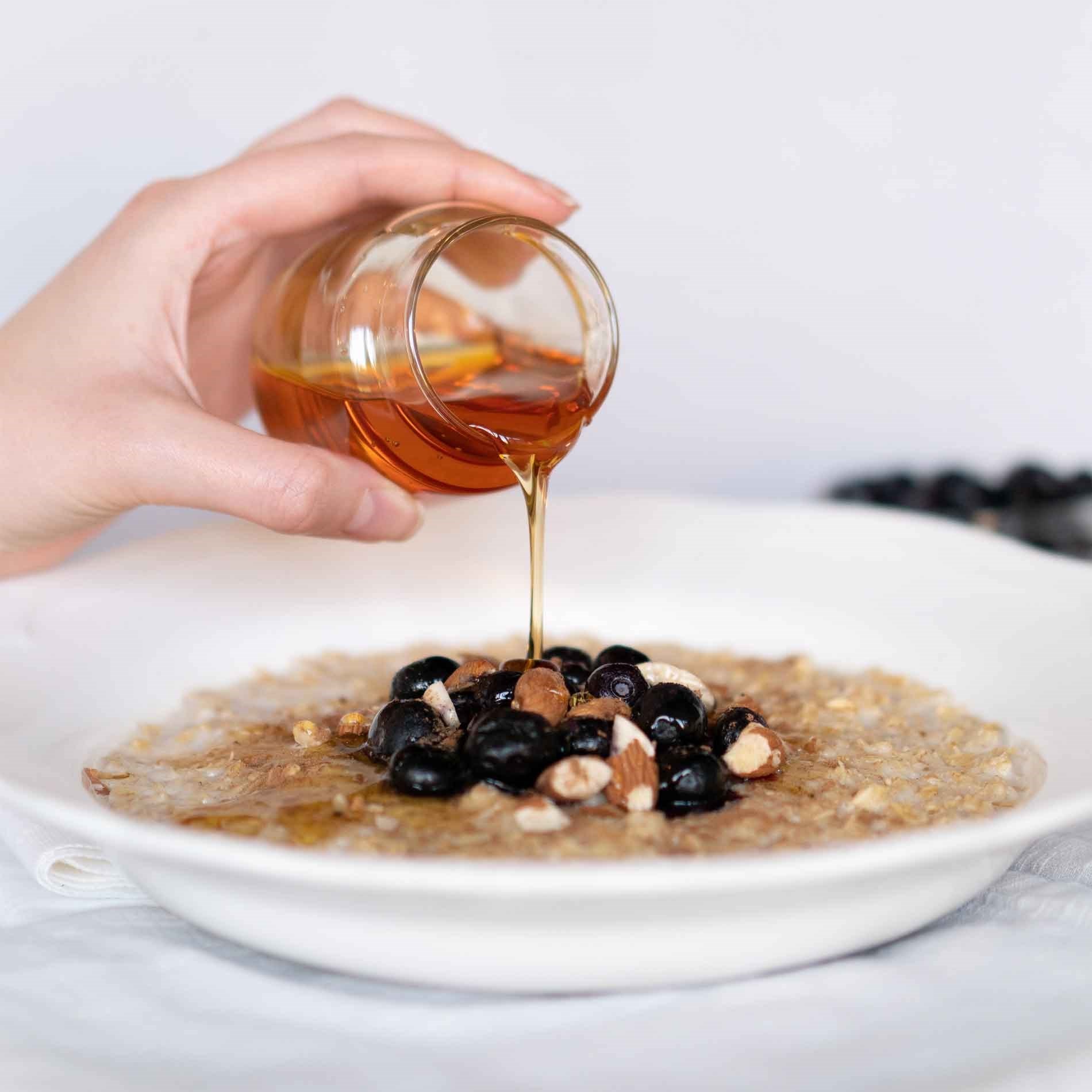You're away from FREE US delivery Free US delivery (applied at checkout) on orders over $60.00
You have qualified for Free US delivery
Lifestyle
5 Top Tips to help IBS
April is IBS awareness month and sadly, it’s now estimated that 10-15% of adults in the US suffer from IBS1. IBS can significantly impact the quality of life of those affected and shockingly, an international survey found that on average, those with IBS would be willing to give up 25% of their remaining life to be free of the condition2. Not surprisingly, this is one of the most common reasons why people seek advice from our Nutrition Experts. It’s a condition that isn’t always openly discussed; suffers sometimes feel embarrassed to talk about it, but at Optibac Probiotics, we support the open discussion of poop! Let’s now look at some simple diet and lifestyle tips for this common condition:
- Keep a food diary - I would always say it’s a good idea to start with a food diary, especially if you’re unsure which foods trigger your IBS. The main culprits fall into a category of foods known collectively as high FODMAP foods. This acronym stands for, fermentable oligosaccharides, disaccharides, monosaccharides, and polyols. These foods are poorly digested and ferment in the gut causing gas production, resulting in issues that are well-known to IBS sufferers. To keep a diary, the easiest way is to download an app like ‘Cara Care’ or use your notes section on your mobile phone. Some may like to keep it old school and put pen to paper, but this is less convenient when out and about.
- Practice mindful eating - If you’re guilty of scoffing your food down without coming up for air, you’re not alone. Being the eldest child and having more siblings is associated with faster eating; with the habit persisting into adulthood3. However, for good gut health, it’s important to eat slowly, allowing more time for saliva to break down your food. It’s also important to make sure you’re in a rested state when consuming meals i.e., sitting down, away from screens and in a quiet environment; this helps your gut know it’s time to produce digestive juices.
- Incorporate self-care - Did you know that yoga and meditation are shown to be very calming for IBS4? I love to recommend a daily calming pranayama practice to my clients; pranayama is a form of yogic breathwork. Pranayama, including the ‘alternate nostril breathing’ practice can leave you feeling more relaxed due to the effect it has on the parasympathetic nervous system5, shifting us into ‘rest and digest’ mode. Another simple breathwork tool for times of overwhelm is ‘box breathing’: breathe in for 4, hold for 4, breathe out for 4 and hold for 4, repeating until you feel calmer. This technique is used by Navy SEALs!

- Choose comfy clothes – Often those with IBS have sensitive tummies, so it could be helpful to avoid restrictive tight clothing and go for floaty dresses or adjustable trouser waistbands. Certain clothing companies offer specific ‘bloat-friendly’ ranges and options. Dressing in this way doesn’t have to be daily, of course, but if you suspect you’re going to be eating somewhere unfamiliar, it can help to make you feel much more comfortable so you can enjoy yourself. It can be tempting to opt for tight undies to pull you in, but this could end up making you feel a lot worse!
- Keep it natural - Sticking to food in the most natural state possible can do wonders for your gut. Avoid processed foods and try to cook most of your meals at home from scratch. The 80/20 rule is a good rule to follow, aim for cooking fresh unprocessed foods yourself 80% of the time and 20% of the time is reserved for meals out and treats. If you’re eating something from a packet, I recommend checking the ingredients list on the back – does it have ingredients you know and can pronounce? If not, then it might be worth avoiding! Try these simple breakfasts that your gut will love: Breakfast Recipes to start your Day – and your Year – right!
We have a number of Nutrition Experts on hand here at Optibac Probiotics, get in touch to discuss your needs.
If you enjoyed this article, you may also like to read these articles on the Probiotics Learning Lab:
The Best Probiotics for IBS, According to a Nutritionist
Gut-Brain Axis and Probiotics
References
- American college of gastroenterology. (2021). Irritable Bowel Syndrome. [Online]. American college of gastroenterology. Last Updated: January 2021. Available at: https://gi.org/topics/irritable-bowel-syndrome/ [Accessed 24 March 2023].
- Douglas A. Drossman, Carolyn Blank Morris, Susan Schneck, Yuming JB Hu, Nancy J. (2009). International survey of patients with IBS. J Clin Gastroenterol. 6(46), p.541–550.
- Christina Potter E. Leigh Gibson, Danielle Ferriday, Rebecca L. Griggs, Chris. (2021). Associations between number of siblings, birth order, eating rate and adiposity in children and adults. Clinical Obesity. 11(3), p.12438.
- Adrijana D'Silva, Deborah A Marshall, Jeffrey Vallance, Yasmin Nasser, Vidya Raj. (2022). Meditation and yoga for irritable bowel syndrome: study protocol for a randomised clinical trial (MY-IBS study). BMJ Open. 12(1), pp.1-7.
- Apar Avinash Saoji, B.R. Raghavendra, N.K. Manjunath. (2019). Effects of yogic breath regulation: A narrative review of scientific evidence. Journal of Ayurveda and Integrative Medicine. 10(1), pp.50-58.


